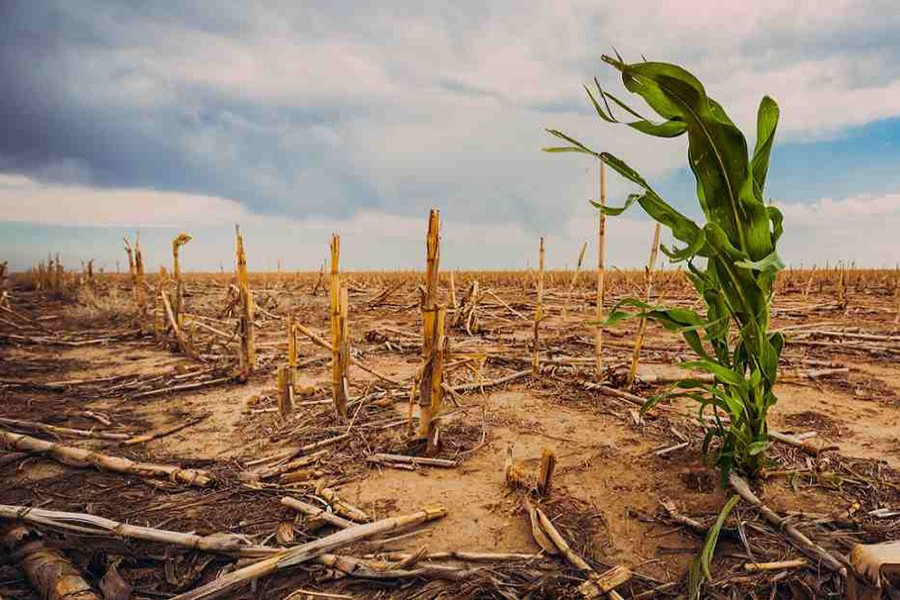When climate change is no longer an abstract scientific concept but a matter of daily experience, the significance of the upcoming climate summit cannot be overemphasised. A lot is being expected from the Glasgow summit of the parties to begin on October 31. To note, the parties signed the 1994's United Nations Framework Convention on Climate Change (UNFCCC). Understandably, the summit takes the name, COP26, as it will be for the 26th time that such an annual Conference of the Parties (COP) is going to be held. But what can climate vulnerable nations like Bangladesh expect from it? COPs apart, many other meetings have also been held so far with agreements reached on the all-important issue of global warming, the main indicator of climate change, triggered by human action. As expected, all such meets had the selfsame objective of reducing carbon emission, the principal cause of global warming, by the nations of the world. For example, the central theme of the 2015's landmark Paris Agreement was to limit global temperature rise to 1.5 degrees Celsius. Interestingly, it was the Climate Vulnerable Forum (CVF) representing developing and least developed countries (LDCs) like Bangladesh that had been pushing for adopting the temperature rise threshold for the world to abide by. The reason CVF members were pressing for the issue is that they, with their over 1.2 billion people, have to put up with the worst consequences of climate change. But what is the progress during the last six years since the 1.5 degrees temperature limit was fixed at the legally binding Paris Agreement at COP21? Nothing reassuring, to be fair. If the Intergovernmental Panel on Climate Change (IPCC), the UN body to assess climate science, is to be believed, then at the current rate of carbon emission, the temperature threshold will be crossed in little over a decade. If anyone is to blame, then it is certainly not the LDCs of the CVF. The alarm bell has already started ringing. The fast growing economies and the highly industrialised nations have to respond more seriously to the mounting climate emergency.
This calls for putting more intense pressure on the rich nations at the Glasgow summit by the climate vulnerable countries so they (the industrialised countries) may agree to drastically cut their carbon emission rate. Consider the increasing frequency of floods striking the country causing an annual economic loss worth US$2.2 billion, according to a keynote presentation made at a recently held virtual dialogue in the city. Further, it predicted that the annual average temperature in Bangladesh will rise by 0.94 per cent by 2030. Small wonder that in recent years the phenomenon of heat wave has been wreaking havoc with the crop fields. Its impact on human health is no less harmful. River erosion is getting worse by the day, while sea level along with salinity in the coastal region is also on the rise. It goes without saying that these developments are highly concerning. Already, such climate impacts have set off city-ward climate migration. These only point to how desperately Bangladesh is in need of the climate-adaptation support fund that rich countries have promised. Confronted with such climate-induced emergencies, Bangladesh in concert with other CVF members would be required to raise its voice at the Glasgow summit seeking support in its climate adaptation efforts. The demands to be made to the rich nations should include reminding them their obligation to provide US$100 billion in climate finance every year over the 2020-2024 period.


